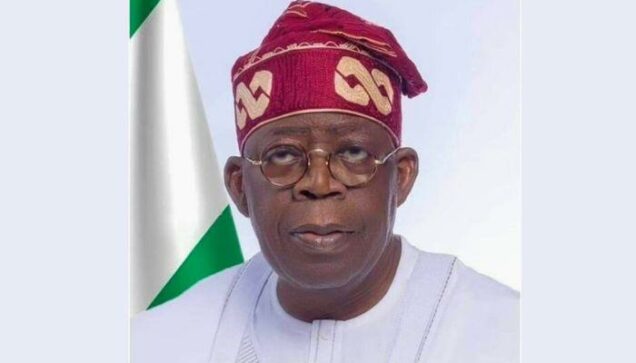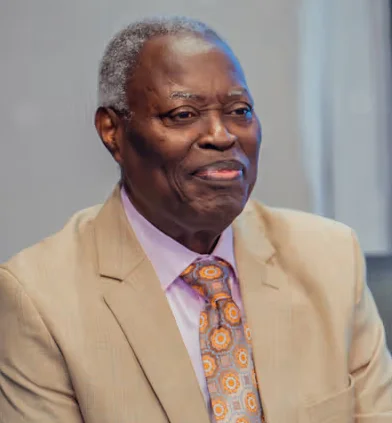African leaders attending the 17th U.S.-Africa Business Summit in Luanda, Angola, on Wednesday issued a strong call for the United States to fundamentally re-evaluate its economic engagement with the continent, moving away from aid-based approaches towards investment-led partnerships.
A key demand from the African contingent was an urgent review of what they termed “high tariffs” on African exports to the U.S., advocating for more equitable and transformative trade relationships.
The annual summit, organized by the Corporate Council on Africa, serves as a crucial platform for fostering stronger U.S.-Africa business ties across vital sectors including agribusiness, energy, healthcare, ICT, infrastructure, trade facilitation, and finance.
In his opening remarks, Angolan President João Lourenço underscored the need for a paradigm shift in U.S. engagement with Africa. He urged American companies to seize the burgeoning opportunities on the continent through long-term, mutually beneficial partnerships.
“It is time to replace the logic of aid with the logic of ambition and private investment,” President Lourenço stated, emphasizing that Africa should be viewed as a “credible partner—rich in potential, in need of capital and expertise, and eager to collaborate for shared prosperity.”
He stressed that Africa is no longer merely a recipient of aid but a dynamic frontier of innovation and enterprise.
Echoing these sentiments, President of the African Development Bank Group, Dr. Akinwumi Adesina, directly addressed the issue of trade barriers.
“What is needed is more trade between Africa and the U.S., not less,” Adesina asserted, advocating for a thorough review of the tariffs currently imposed on African exports.
The Chairman of the Corporate Council on Africa, John Olajide, further highlighted the immense economic potential inherent in a well-structured U.S.-Africa partnership.
He called for enhanced collaboration across both public and private sectors and emphasizeid the critical role of regional integration and infrastructure development within Africa. Olajide noted the diverse attendance at the summit, with over 2,000 participants from across Africa and the diaspora, expressing confidence in the nations’ representation.
He pointed out Africa’s “vital assets such as critical minerals needed for green technologies” as a key factor for a robust partnership.
Olajide also urged African leaders to harmonize visa regimes across the continent to fully unlock the potential of the African Continental Free Trade Area.
He cited the challenges some African participants faced in securing entry into Angola, while their American counterparts entered with ease, stating,
“We cannot continue to speak of economic integration while we lack easy access to one another. Until we ease visa restrictions within Africa, the goals of the AfCFTA will remain out of reach”, he said.
He stressed that intra-African trade, cross-border collaboration, and infrastructure development all depend on seamless regional connectivity.
Representing the U.S. government, Massad Boulos, Senior Advisor for Africa, conveyed the Trump administration’s commitment to moving beyond aid, towards technology-driven investments across Africa. He reiterated U.S. interest in engaging with stable African nations to foster peace and prosperity, adding, “President Donald Trump is committed to Africa—particularly to countries free of crisis. Lasting peace is the foundation for sustainable investment and infrastructure development.”
Boulos concluded that “A peaceful African environment will unlock new opportunities for U.S. investment in the region.”
The summit underscores a growing consensus among African leaders for a new chapter in U.S.-Africa relations, one built on mutual respect, investment, and a genuine partnership that leverages Africa’s immense potential for shared global prosperity.




